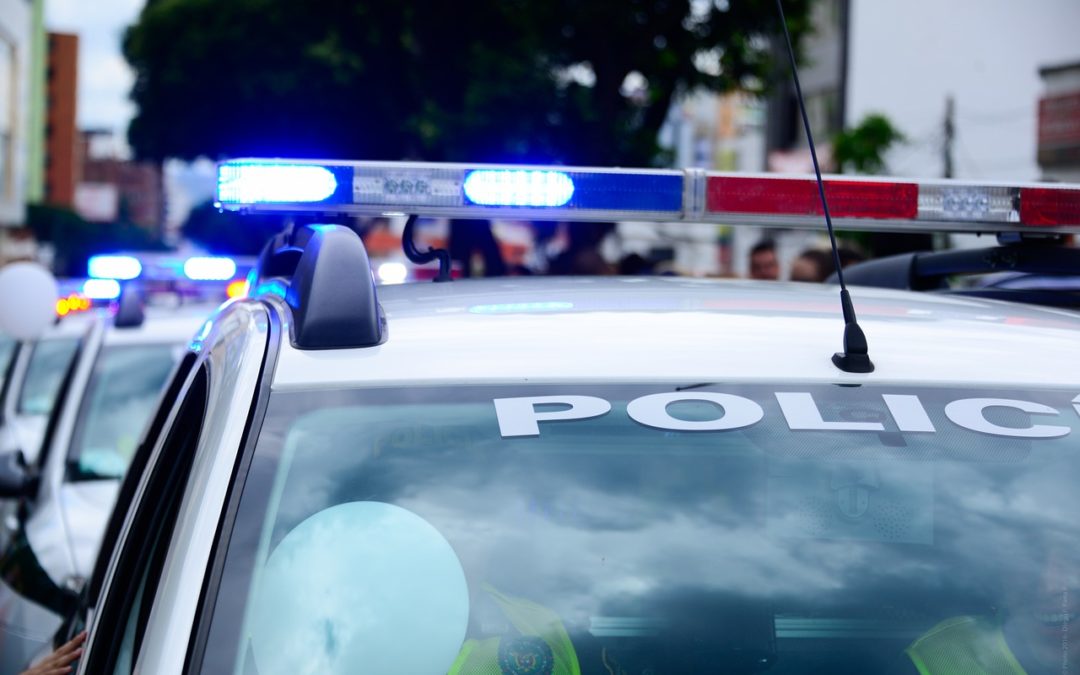A recent United States Supreme Court case, Carpenter v. U.S., analyzed whether police need a warrant to obtain cell-site location information.
Obtaining Cell-Site Location Information (CSLI)
Oftentimes, during a criminal investigation, the location of a person accused of a crime is relevant. Further, the location of a person at a specified time is important. When police need to pinpoint the location of a suspect, they often turn to cell phone companies to obtain cell-site data. Cell phones are constantly scanning their environment looking for the best signal. Typically, that signal comes from the closest cell tower. At certain times, when a phone connects to a cell tower, it generates a time-stamped record. This record is known as “cell-site location information” (CSLI). Police obtain this information and use it to attempt to pinpoint a cell phone’s location. This is done through programs that map out the area and determine where a cell phone is located based on the cell tower it is connecting with.
The issue before the Court in Carpenter is whether police officers violated Carpenter’s Fourth Amendment rights when they obtained his CSLI records without a warrant. The Fourth Amendment safeguards the privacy and security of individuals against arbitrary invasions by government officials. The question SCOTUS sought to answer in Carpenter was whether an individual has a reasonable expectation of privacy in the record of his physical movements as captured by CSLI.
The Court balanced a suspect’s privacy interests in his movements as collected from his cell phone with the fact that that information is distributed/stored by a third party, the wireless carrier. The Court ultimately held that CSLI is deeply revealing due to its depth, breadth, and comprehensive reach, and the inescapable and automatic nature of its collection. Further, that it is gathered by the wireless carriers does not make it any less deserving of Fourth Amendment protection.
Obtaining Search Warrant
Obtaining CSLI from wireless carriers is a search. Police officers must obtain a search warrant to collect this information.
Contact Hills At Law
The attorneys at Hills at Law, P.C. have extensive experience in dealing with criminal cases. If you have questions related to this case, or need representation, please contact us today.

